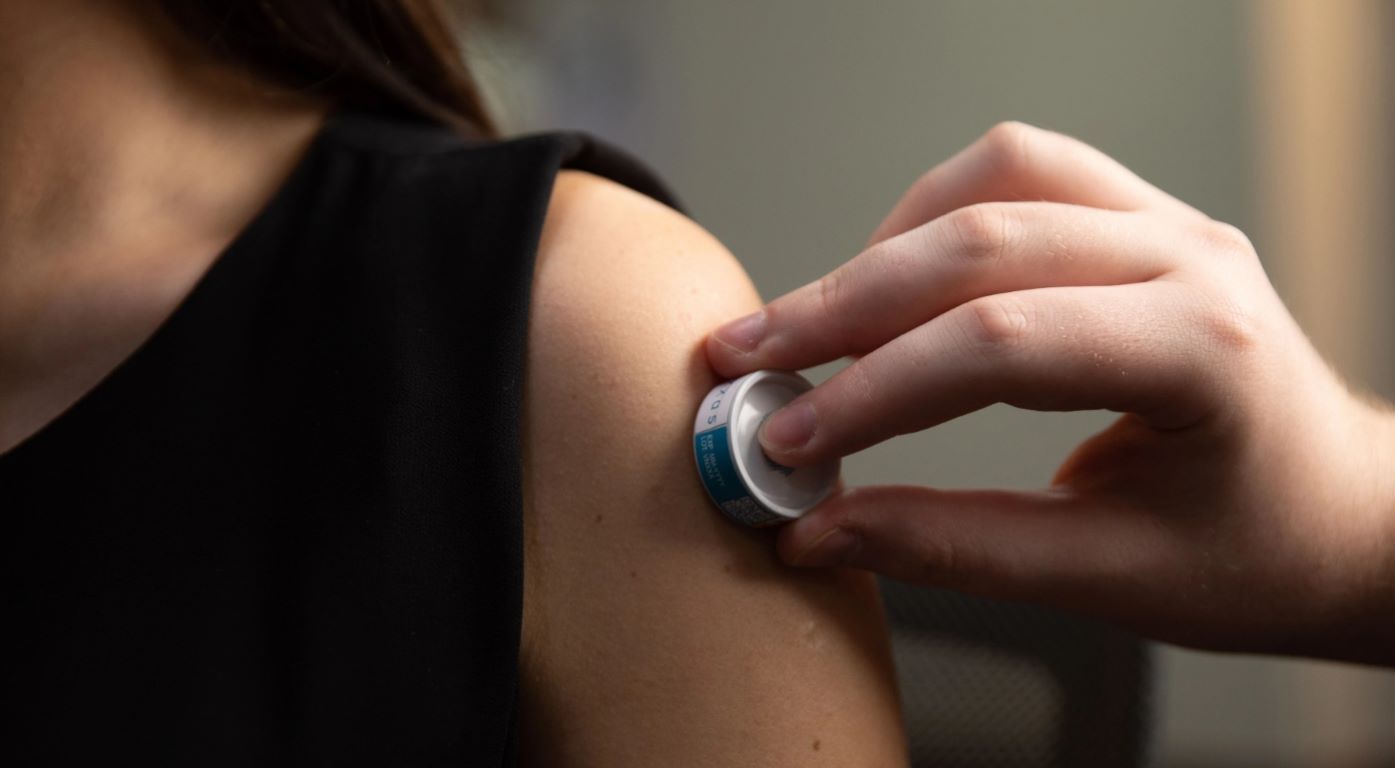GSK wins $235mn patent infringement case against Teva
23 June 2017 | News
Earlier in 2014, GSK had sued Teva for filing an Abbreviated New Drug Application seeking to market carvedilol, a class of chemical compounds used to treat patients with high blood pressure and heart failure

Singapore: Global drug giant GlaxoSmithKline ahs won a patent case against Teva in which the company will receive $235 million in damages. Earlier in 2014, GSK had sued Teva for filing an Abbreviated New Drug Application seeking to market carvedilol, a class of chemical compounds used to treat patients with high blood pressure and heart failure.
A US jury, on Tuesday, found that Teva willfully infringed the patent in connection with its sales of a generic version of the drug with a label indicating it could be used for treating chronic heart failure. The jury rejected Teva's contention that the patent was invalid. It awarded GSK $234.1 million in lost profits and said the drug company deserved an additional $1.4 million in royalties.
The U.S. Food and Drug Administration approved Teva's generic version of Coreg, or carvedilol, in 2007. The company said in its complaint: “Teva knew and intended that its generic copy carvedilol products would be substituted for Coreg even for patients prescribed the drug for treatment of congestive heart failure resulting in the direct infringement of the ‘000 patent.”
Teva said in a statement, “We still intend to present our equitable defenses to the court at a separate hearing which could eliminate the liability determination or significantly reduce the assessed damages. We are also considering an appeal."
Coreg, which generated $131 million for GSK last year is approved for treating a number of conditions, including congestive heart failure. Teva’s generic when approved had a so-called carve-out for CHF, which essentially allows copies of a drug to launch for particular uses while one or more indication is still covered by a method-of-use patent.
GSK said in a statement that while Teva's FDA application had a carve-out to address its use for treating chronic heart failure, which GSK said remained under patent, the generic drugmaker changed its label in 2011 to add that use.
GSK said that as a result, Teva induced healthcare providers to infringe its patent by selling a generic version of the drug and marketing it as a substitute for Coreg.











